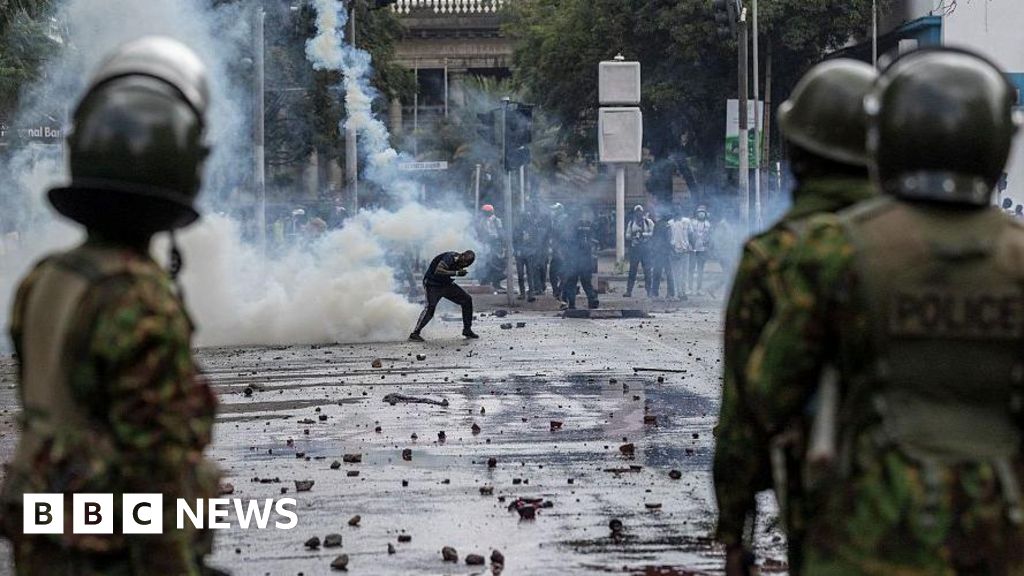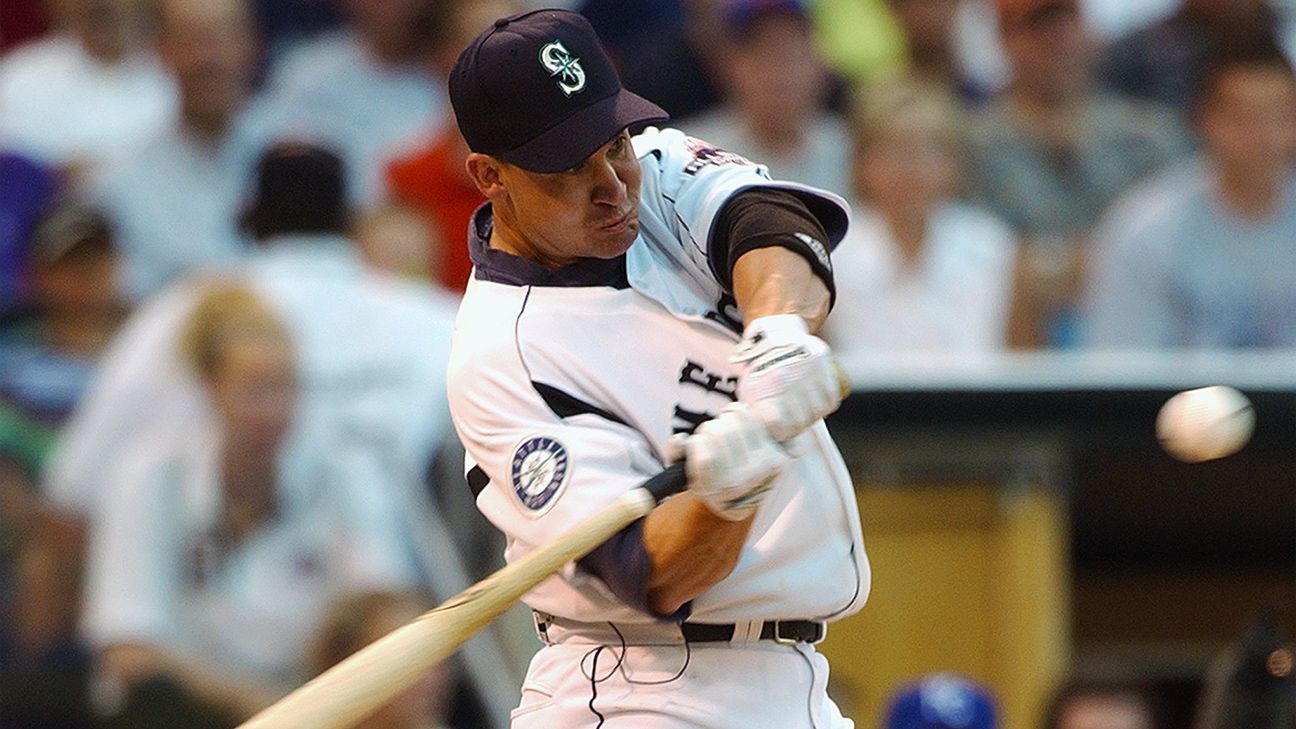OWINGS MILLS, Md. — After weeks of working out kickers all over the country, Baltimore Ravens senior special teams coach Randy Brown had a clear-cut message for the team heading into the draft.
Brown told general manager Eric DeCosta, “There’s one guy that I really covet.”
The Ravens wanted Arizona’s Tyler Loop so much that they made him the first kicker drafted in the franchise’s 30-year history. On April 26, Baltimore used a sixth-round pick on Loop, who suddenly finds himself involved in the biggest question facing the team: Will Loop replace Justin Tucker as Baltimore’s kicker?
Drafting Loop was the first sign that the team was thinking about life without the NFL’s most accurate kicker. The Ravens released Tucker, who is being investigated by the league for sexual misconduct, on Monday.
“Sometimes football decisions are incredibly difficult, and this is one of those instances,” DeCosta said in a statement. “Considering our current roster, we have made the tough decision to release Justin Tucker. Justin created many significant and unforgettable moments in Ravens history. His reliability, focus, drive, resilience and extraordinary talent made him one of the league’s best kickers for over a decade. We are grateful for Justin’s many contributions while playing for the Ravens. We sincerely wish him and his family the very best in this next chapter of their lives.”
The Ravens had previously drafted four specialists in their history — three punters and one long-snapper — and all won their jobs as rookies. Loop’s strong leg and consistent swing separated him from the other college prospects and made him the top candidate to become Tucker’s potential successor. It didn’t matter that Loop’s field goal percentage declined in all four years at Arizona. When the Ravens put on tape of Loop kicking, every attempt looked the same.
“He’s one of these guys [who is] a kicking nerd, and you like to see that,” Ravens coach John Harbaugh said. “He’s really into every detail and technique, and he studied Justin a lot and a lot of other guys, too.”
The Ravens’ rookie minicamp last weekend marked the first time when most team officials met Loop and saw him kick in person.
“We will get a chance to see his leg, and that will help us address what our decision-making is going to be moving forward,” DeCosta said before minicamp.
Harbaugh said Loop delivered a strong first impression Sunday at rookie minicamp, where he watched Loop kick in person for the first time.
“It was good to see it,” Harbaugh said. “I think as much as anything, it’s good to hear a kicker, and the way the ball comes off his foot is impressive.”
Loop can’t count the number of times he met with the Ravens during the predraft process, but it was enough to let him know that Baltimore was definitely interested. He met with a scout at the Hula Bowl in January and then spoke with Brown during the specialist workout at the NFL scouting combine in February. Loop also had a private workout with Brown in Arizona.
The moment when Loop felt like he was going to Baltimore was after the New England Patriots used a sixth-round pick on Andres Borregales, who was the first kicker drafted this year. Four selections later, the Ravens phoned Loop to inform him that he was going to be the No. 186 pick.
“Oh dude, total elation getting the call,” Loop said. “I saw the area code come across my phone. I was like, ‘Let’s go. I’m going to Baltimore.'”
When NFL teams draft kickers, it’s usually with the intent of them playing immediately. Of the 19 kickers taken over the past 10 drafts, 14 of them were their respective team’s full-time kicker as a rookie. The last kicker who was drafted and didn’t play for that team in his first season was Justin Rohrwasser, who was selected in the fifth round by New England in 2020 and cut before the start of the regular season.
However, none of those draft picks had to replace a kicker like Tucker, who holds the NFL marks for best career field goal percentage (89.1%) and longest field goal (66 yards). Tucker finished the 2024 season with a career-low 73.3% field goal percentage.
Asked how much pressure he would feel to follow in Tucker’s footsteps, Loop said, “I think it’s really exciting more than pressure, just because it gives you something to shoot for, right?”
Loop has dealt with challenges during his college career. He has had three different special teams coaches. He also had issues with snaps and holds, which is a big reason his success rate went from 100% as a freshman (12-of-12) to 78.3% in his final season (18-of-23).
Last season, Loop showed his leg strength with a 62-yard field goal. He then solidified himself as ESPN draft analyst Mel Kiper Jr.’s top kicker at the NFL combine, where he hit 13 of 14 field goal attempts (93.3%) and finished by making a 60-yarder.
“I’d say the one thing that I hang my hat on is being a student of craft,” Loop said. “There are days where you’re not in a groove, and if you’re not feeling it, you can always fall back on your mechanics to be successful and make kicks.”
When the Ravens were deciding on taking a kicker, they could have gone with Florida State’s Ryan Fitzgerald, who led college football in field goal percentage by making all 13 attempts, or Pittsburgh’s Ben Sauls, who kicked at the Steelers’ home stadium and knows about playing in the AFC North weather conditions.
Instead, Baltimore went with Loop, who is seen as having the most potential.
“Randy believes in you,” Harbaugh told Loop on the phone after the Ravens drafted him. “He showed me the tape. You’re going to have an awesome career.”
Editor’s note: A version of this story was originally published on May 2.
Source link

















